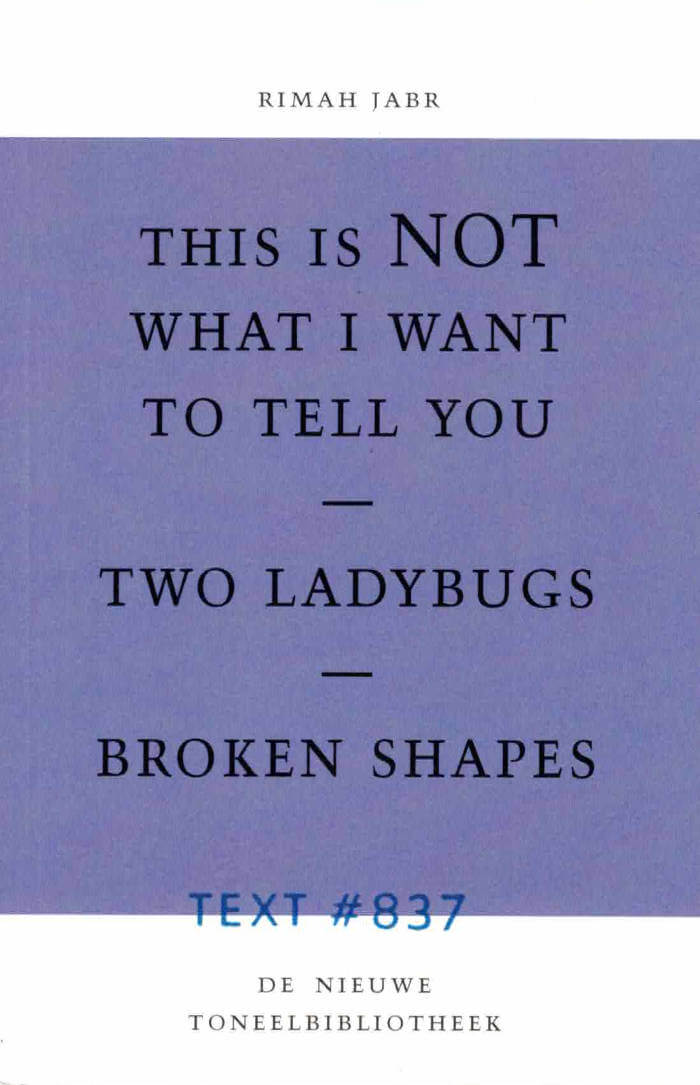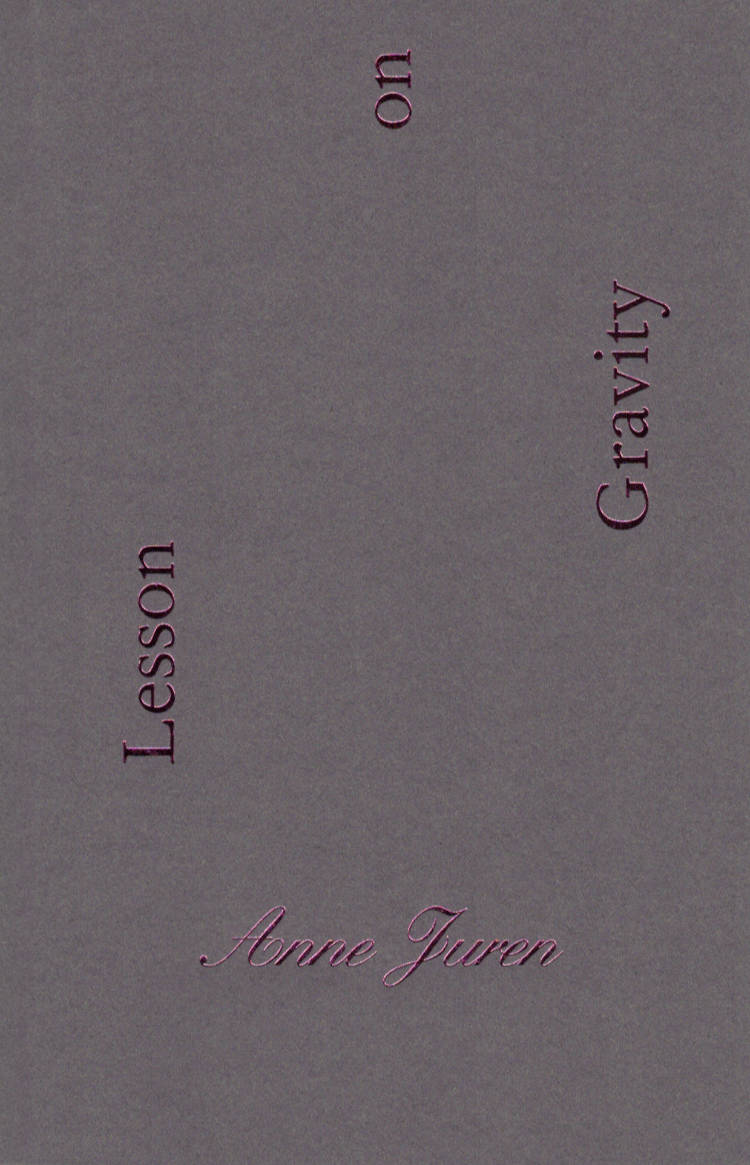
This is NOT what i want to tell you
In This is NOT what I want to tell you: she looks at the many attacks carried out by teenagers in Palestine in 2015 and 2016. The teens, all children aged between 10 and 15, were shot dead or sentenced to years in prison. The series of almost daily knife attacks by these lone wolves reflected the hopelessness and despair among the young people of Palestine. They wanted to send a message to the world, but were unable to convey this in ordinary language.
In Two Ladybugs the fates of three characters, a Belgian woman, a Palestinian girl and an Israeli soldier, are closely intertwined. The players don't feel comfortable in this new, strange world and they don't hide that from the public.
Broken Shapes: A young woman in a city that has been occupied for decades, on the day of her father’s funeral, discovers his architectural drawings. Overcome with grief, she slips into the dream worlds and imagined places that he created.
Rimah Jabr Rimah Jabr (Nablus, Palestine, 1980) is a theatre director, playwright, screenwriter and Ph.D. candidate in Theatre and Performance Studies at York University. She completed a master’s degree in theatre-making from the RITCS in Brussels. She wrote and directed several plays produced in Belgium, Canada, and Palestine. She actively collaborates with visual artists to craft unique performances. Her doctoral research is a performance ethnography research-creation with Palestinian Designers from Hebron, examining the impact of confinement on the creative process involved in set design. Broken Shapes is a collaborative project co-created by Toronto-based theatremaker Rimah Jabr and Brussels-based visual artist Dareen Abbas.
.jpg)

![Cover of Dante's Joynte: Lingua 1. [Poems and Other Theaters]](https://rile.space/storage/744/dante.jpg)

